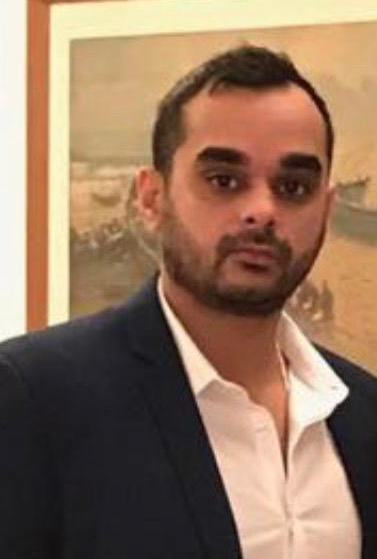In Game 6 of the 2004 American League Championship Series, Curt Schilling took the mound for the Boston Red Sox on a torn tendon sheath that was only stable due to the skin of his ankle being stitched to the tissue itself.
Schilling was lights out, pitching seven innings of four-hit, one-run ball to help propel the Sox to a 4-2 victory over the Yankees at Yankee Stadium to force a Game Seven after being down three games to none. The Sox would win Game Seven and go on to sweep the Cardinals in the World Series for their first World Series in 86 years, breaking the Curse of the Great Bambino. The sock tinged with Curt’s blood is in the Hall of Fame, but the man himself somehow isn’t.
Schilling’s Stats and Accolades
Schilling’s stats are something to marvel at. Schilling amassed a resume of six All-Star appearances, three World Series rings, an NLCS MVP, a career 3.46 Earned Run Average (ERA), a career 1.137 Walks plus Hits per Innings Pitched (WHIP), 216 wins with three 20 win seasons and pitching three 300 strikeout seasons in a twenty-year career.
While he never won a Cy Young he finished top two in Cy Young voting three times, and also sports a career Wins Above Replacement (fWAR) of 80.6, which ranks 26th among all pitchers according to Baseball Reference. With the induction of Mike Mussina this year, PED-linked Roger Clemens is the only pitcher ranked ahead of him that isn’t in the Hall of Fame. When looking at his numbers, there is no doubt that Schilling is worthy of immortality in Cooperstown.
So why, then, is Schilling not in the Hall?
The Subjectivity of the Character Clause
The consensus answer for why Schilling is not
in the Hall, despite his stats, comes down to the subjectivity of the character
clause of the Hall of Fame voting criteria. The Hall of Fame voting criteria states that “Voting shall be based upon the
player’s record, playing ability, integrity, sportsmanship, character, and
contributions to the team(s) on which the player played.” The character clause
(“integrity, sportsmanship, and character”) is based on the whim and bias of
the voter. A voter can keep a player off their ballot solely because of how
they view the player’s political statements, offensive remarks or, in the case
of Schilling, statements made long after the player’s career is over.
It is perfectly fine to disagree with and even condemn, Schilling and his comments on Islam, transgender views, or criticism of journalists. That is at the prerogative of the voter. However, it is wrong to believe someone is evil just because he disagrees with you or because of what he memes, and because of this, bar him of a place he rightfully deserves to be.
The idea that Schilling is being blackballed
for his politics is not a conspiracy theory. Even MLB writers are acknowledging it was why he
lost votes from 2016 voting to 2017 voting. If the Baseball Writers Association
of America (BBWAA) truly cared about the character clause, people like Dale
Murphy would be in the Hall of Fame and people like Babe Ruth, a womanizing,
rowdy drunk, would not.
When the Character Clause Has Merit
Granted, there are certain areas of voting
where the character clause is an arguable ground, namely, when considering
ballplayers who were associated with performance-enhancing drugs. But,
Schilling was never associated with PEDs, so the character clause argument
comes solely down to statements he made long after his playing career was over.
Statements that can arguably be offset with his charitable actions including Curt’s
Pitch for ALS, the Curt and Shonda Schilling Melanoma Research Fund,
Operation Bullpen, and his work against chewing tobacco.
It is safe to say that despite how terrible
one might find his comments, but Schilling still fulfills the character clause
through his philanthropy work, which, to me, balances out the reprehensibility
of even his most controversial statements.
The Baseball Writers Association of America
has a clear and obvious choice in front of them this coming offseason; continue
to blackball a legendary pitcher due to his political statements and
post-career controversies, or to finally immortalize him in Cooperstown where
he belongs. Regardless of the results, every year that Curt Montague Schilling
is not in Cooperstown is a blight on the BBWAA and on baseball.





